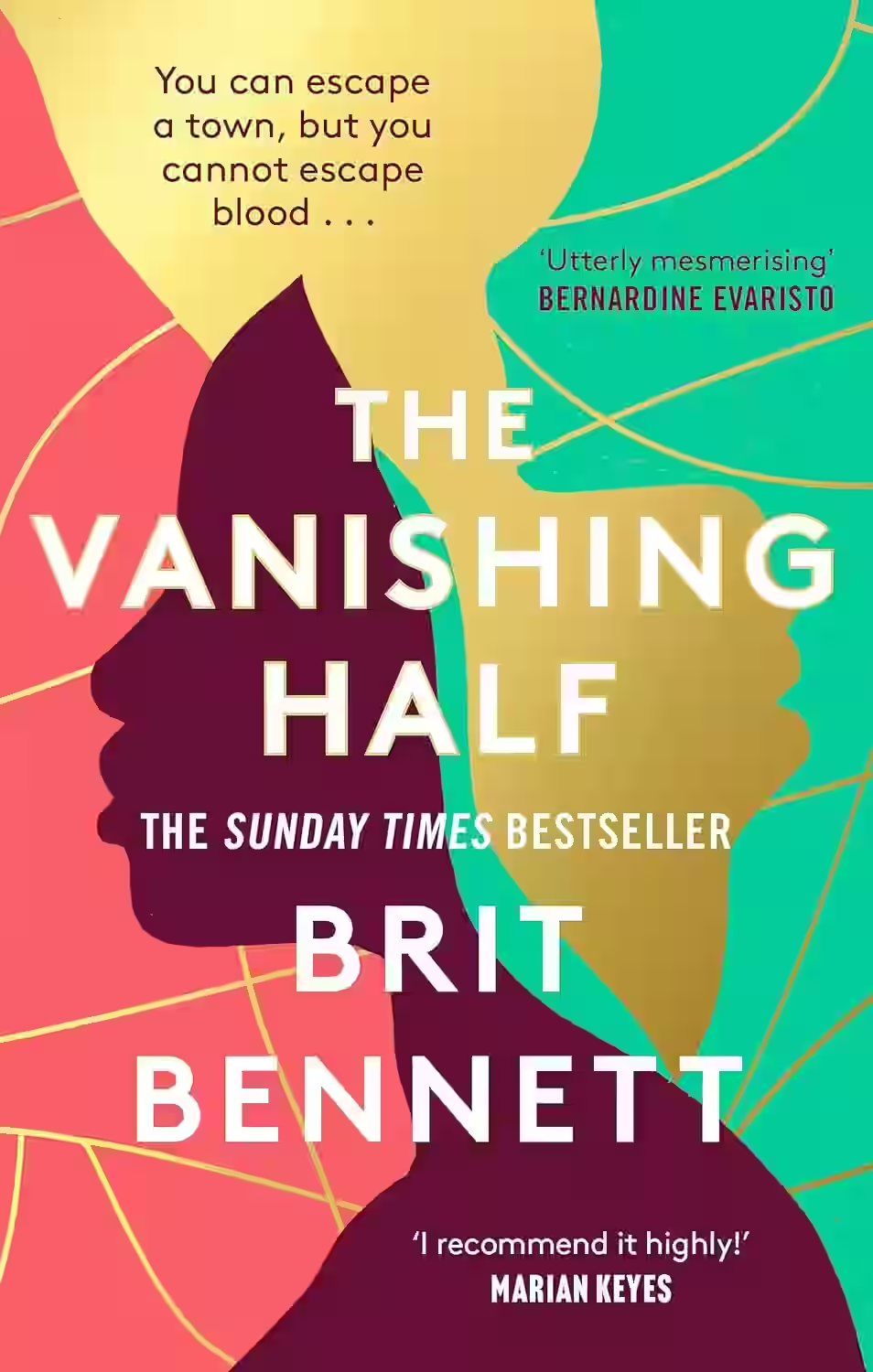
Twin sisters Desiree and Stella grow up in a small Southern Black community where light skin is prized. One eventually disappears to live as a white woman, severing ties with her past. Decades later, their daughters’ lives intersect, uncovering family secrets and confronting issues of race, identity, and generational legacy. The Vanishing Half is a powerful exploration of the choices that define us and the stories we inherit. With beautiful prose and emotional depth, Brit Bennett delivers a poignant, sweeping novel about passing, belonging, and the bonds of sisterhood.
About Brit Bennett
An American author known for her nuanced and thought-provoking novels that explore themes of race, identity, family, and history. Her bestselling book, The Vanishing Half, examines the lives of twin sisters with different racial identities and the lasting impact of their choices. Bennett's insightful storytelling and compelling characters offer a powerful exploration of complex social issues.
Similar Books
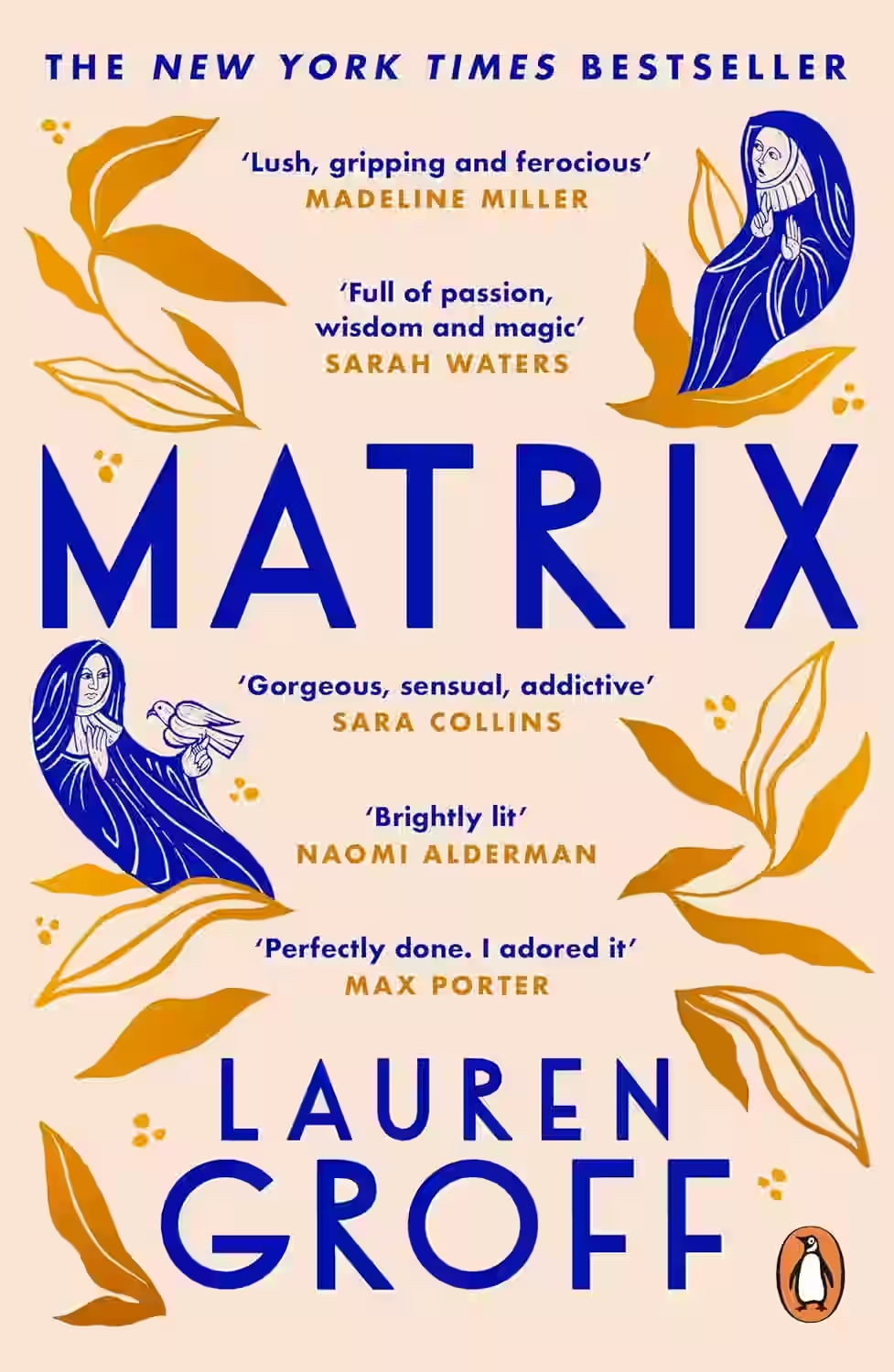
Matrix
by Lauren Groff
Set in 12th-century France, Matrix follows Marie de France, cast out of the royal court and sent to live in a poverty-stricken abbey. There, she transforms the convent into a thriving, autonomous community of women, wielding spiritual and political power in a male-dominated world. Groff reimagines history with lyrical prose, exploring themes of female agency, mysticism, faith, and queerness. Inspired by a real medieval poet, this is a visionary and feminist novel about creation, leadership, and devotion, both sacred and secular. Matrix is a powerful meditation on the lives women build when the world tries to shut them out.
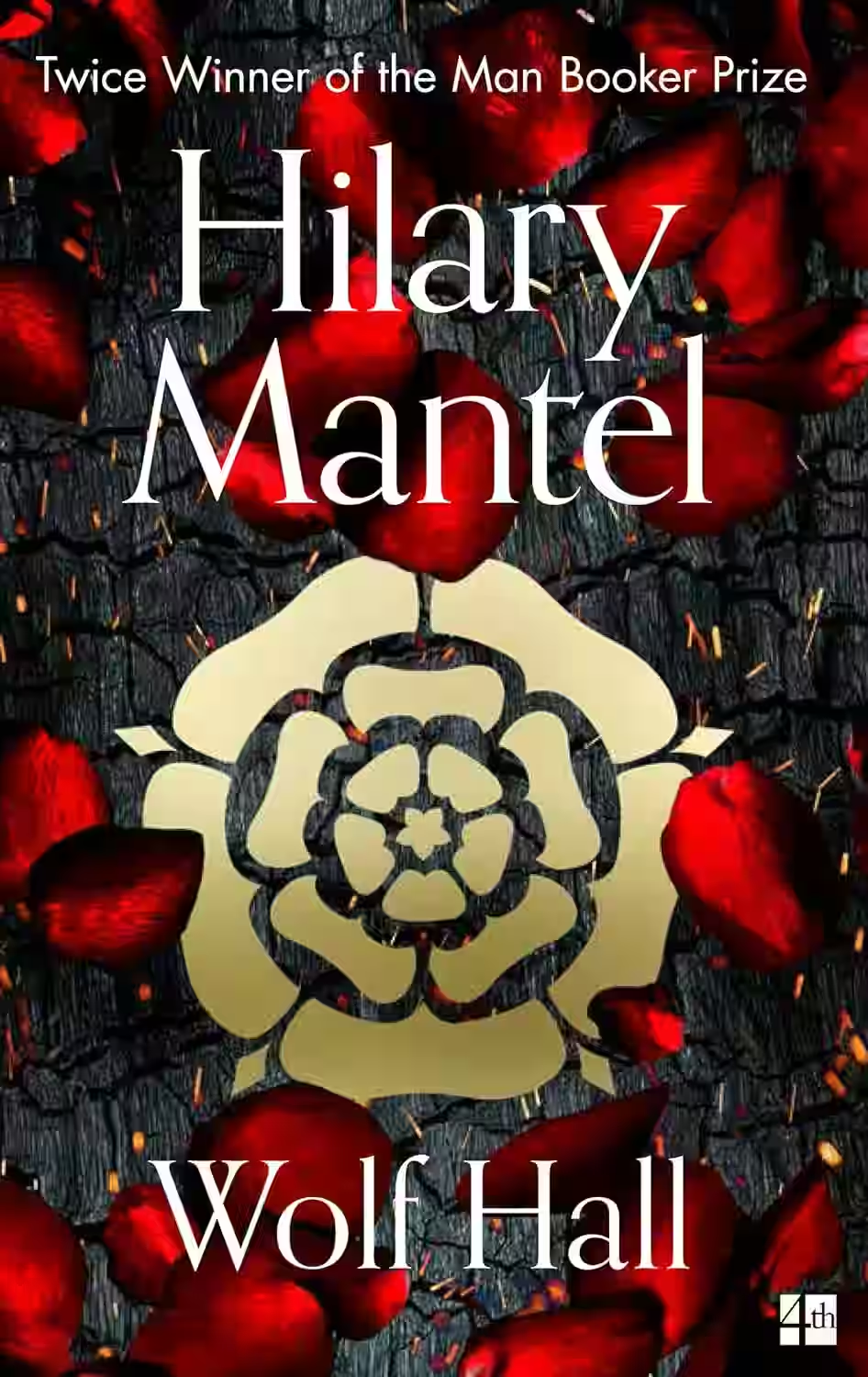
Wolf Hall
Series: The Wolf Hall Trilogy (#1)
England in the 1520s is a heartbeat from disaster. If the king dies without a male heir, the country could be destroyed by civil war. Henry VIII wants to annul his marriage of twenty years and marry Anne Boleyn. The pope and most of Europe opposes him. Into this impasse steps Thomas Cromwell: a wholly original man, a charmer and a bully, both idealist and opportunist, astute in reading people, and implacable in his ambition. But Henry is volatile: one day tender, one day murderous. Cromwell helps him break the opposition, but what will be the price of his triumph?
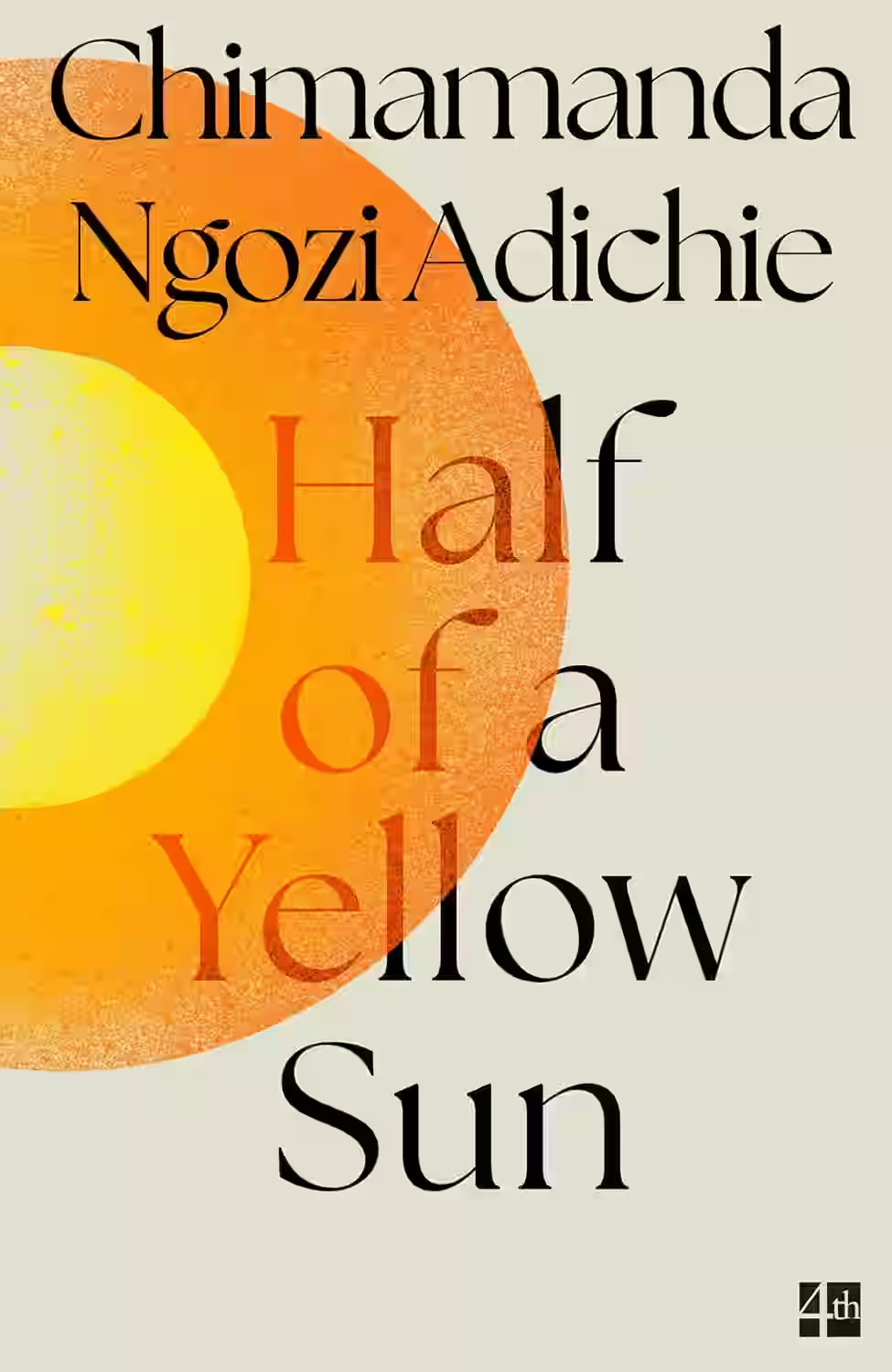
Half of a Yellow Sun
Set before and during the Nigerian Civil War, this novel follows three interconnected lives—a professor’s mistress, a houseboy, and a British writer—amid national upheaval. Through love, betrayal, and survival, Adichie weaves a deeply human portrait of identity, loyalty, and the cost of independence. Half of a Yellow Sun is a powerful historical narrative that illuminates both personal and political conflict with grace and urgency.
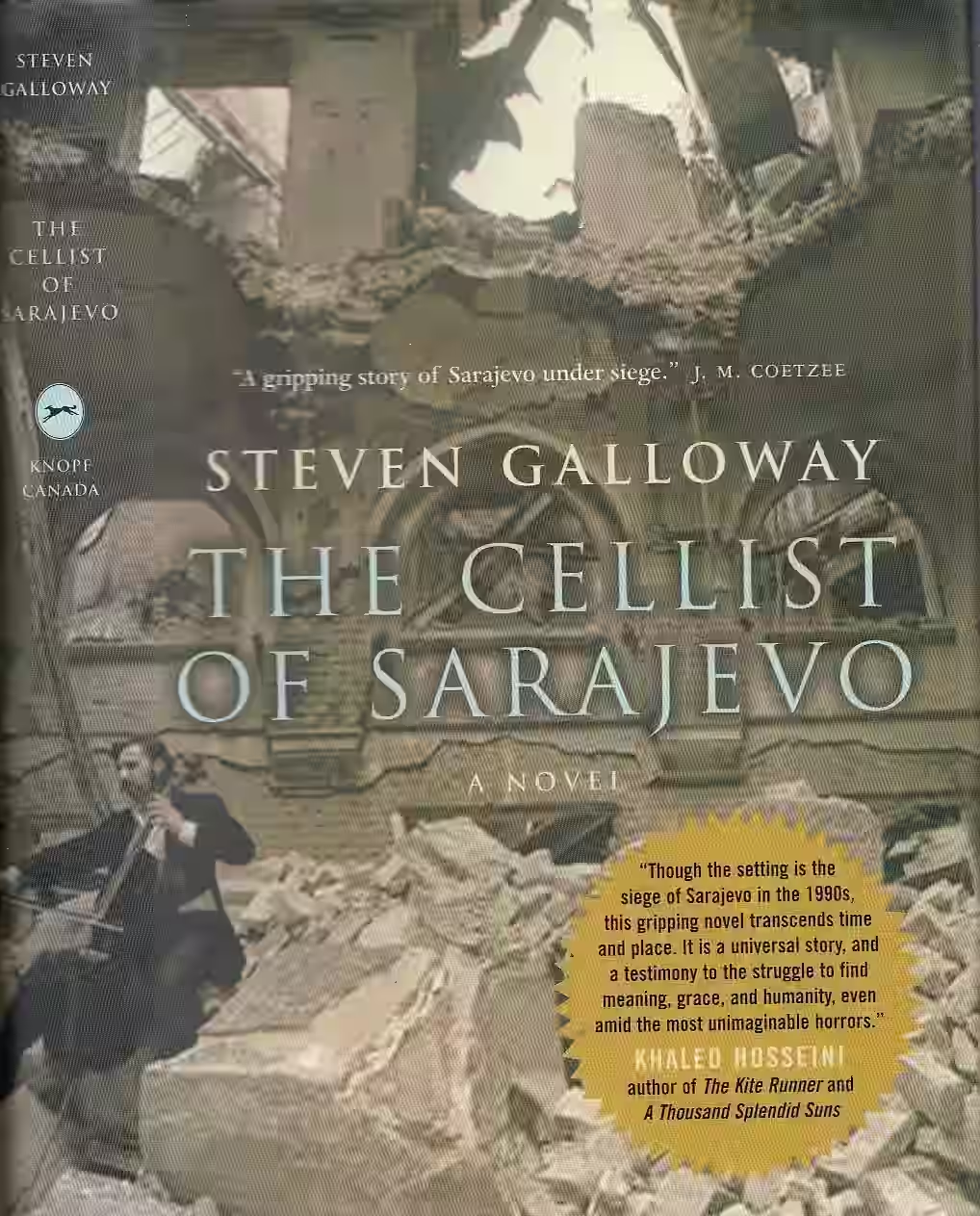
The Cellist of Sarajevo
Set during the siege of Sarajevo in the early 1990s, 'The Cellist of Sarajevo' by Steven Galloway is a poignant exploration of life under siege. The novel interweaves the lives of three characters—Dragan, Kenan, and Arrow—each struggling to preserve their humanity amidst the chaos of war. Their stories orbit around the figure of a cellist, who plays Albinoni's Adagio in the streets to commemorate the lives lost to a mortar attack. Galloway deftly captures the resilience of the human spirit, the impact of art in times of despair, and the simple acts of courage that shine through the shadows of conflict. The book's haunting prose and meditative tone create an indelible reflection on the moral choices faced in brutal circumstances.